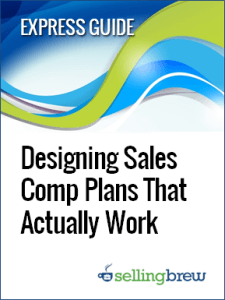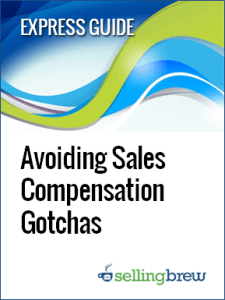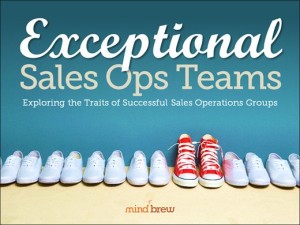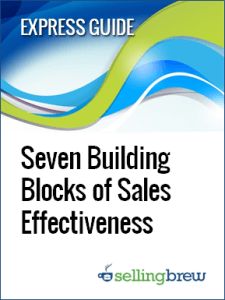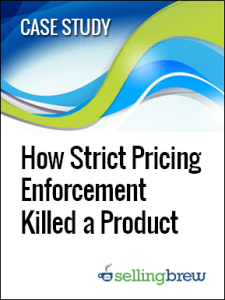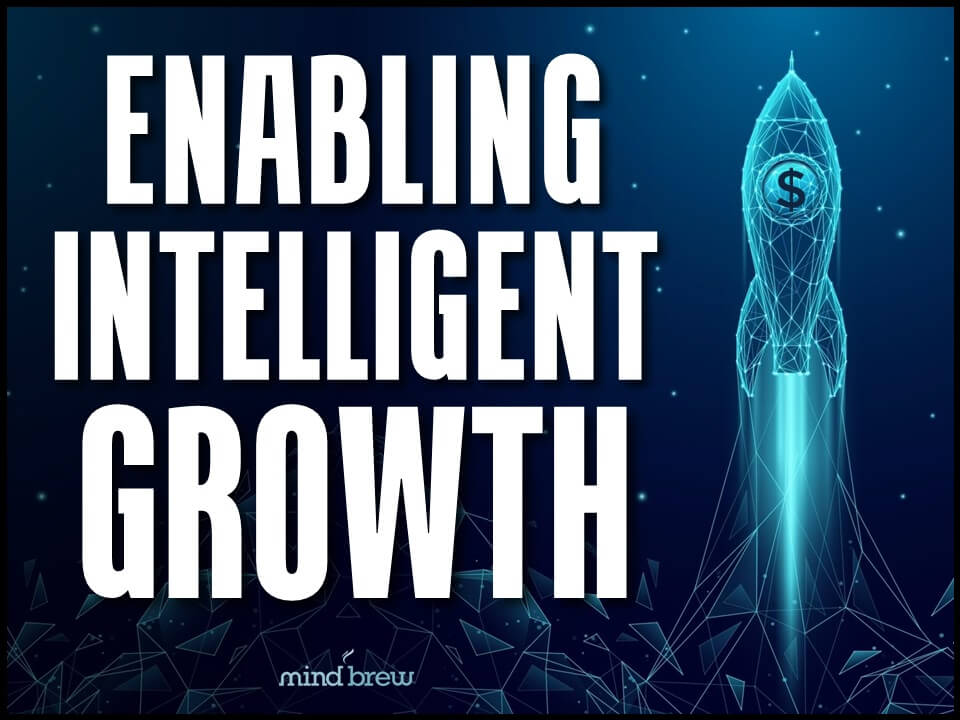During the period of colonial rule in India, the British officials in Delhi became apprehensive about the number of cobras they saw on the street. In an effort to prevent deaths from cobra bites (and make themselves feel a little less nervous), the local government decided to dramatically reduce the number of snakes by offering a bounty on dead cobras.
At first, it worked great. Locals killed the snakes in record numbers and collected their rewards. Very soon, the politicians saw noticeably fewer cobras slithering through the streets. And that made them very happy.
But as the snake population decreased, it became harder for the local people to find and kill cobras and collect the reward. So they did the only reasonable thing — they started capturing and breeding cobras that they could then kill and turn in for the bounty.
When the officials discovered what was happening, they made the very reasonable decision to end the bounty program.
And which point, all those captive snakes became worthless. So the those locals that had been breeding them did the reasonable thing and released them back into the wild.
The net result was that Delhi had more cobras on the streets after the bounty program than it did before.
This phenomenon of unintended consequences has become known as the “cobra effect.” And we frequently hear about situations where companies fall victim to the cobra effect when planning their compensation programs. In one noteworthy situation, a comp plan that required salespeople to increase their sales year-over-year actually encouraged the team the sell less than they could have, because they didn’t want to set the bar too high for the following year!
When you design your sales comp plan, you need to remember that your salespeople will be looking to increase their take-home pay as much as possible while exerting the least possible effort. They’re not bad people — it’s just human nature. And if you aren’t careful, this aspect of human nature could mean that they end up taking actions — as a result of your sales comp plan — that are the exact opposite of what you intended.
To prevent the cobra effect from impacting your comp plan, we recommend a couple of steps. First, do some extensive cost modeling. Don’t just model likely scenarios, consider outlandish possibilities as well. What will happen under your new comp plan if all your salespeople double their sales? What will happen if they shift their tactics to sell only certain products? What will happen if one person sells four times as much as the rest of the team? Make sure your plan can handle these unexpected situations without bankrupting the company or encouraging behaviors you don’t want.
Second, play devil’s advocate with your plan. For this, it’s probably best to enlist some help from someone who hasn’t been involved in drafting the new compensation strategy. Find the sneakiest person in your company — you know who this is (and yes, it might very well be a sales manager). Ask him or her to look for loopholes. What things might a salesperson consider that you haven’t?
We cover several other tips for optimizing your sales comp plan in the guide to Designing Sales Comp Plans That Actually Work. And you should also look at How to Avoid Sales Compensation Gotchas.
Your sales comp plan can be one of your most powerful tools for modifying the behavior of your sales team. You just need to make sure that you avoid unintended consequences — like accidentally increasing the number of cobras on the streets.

